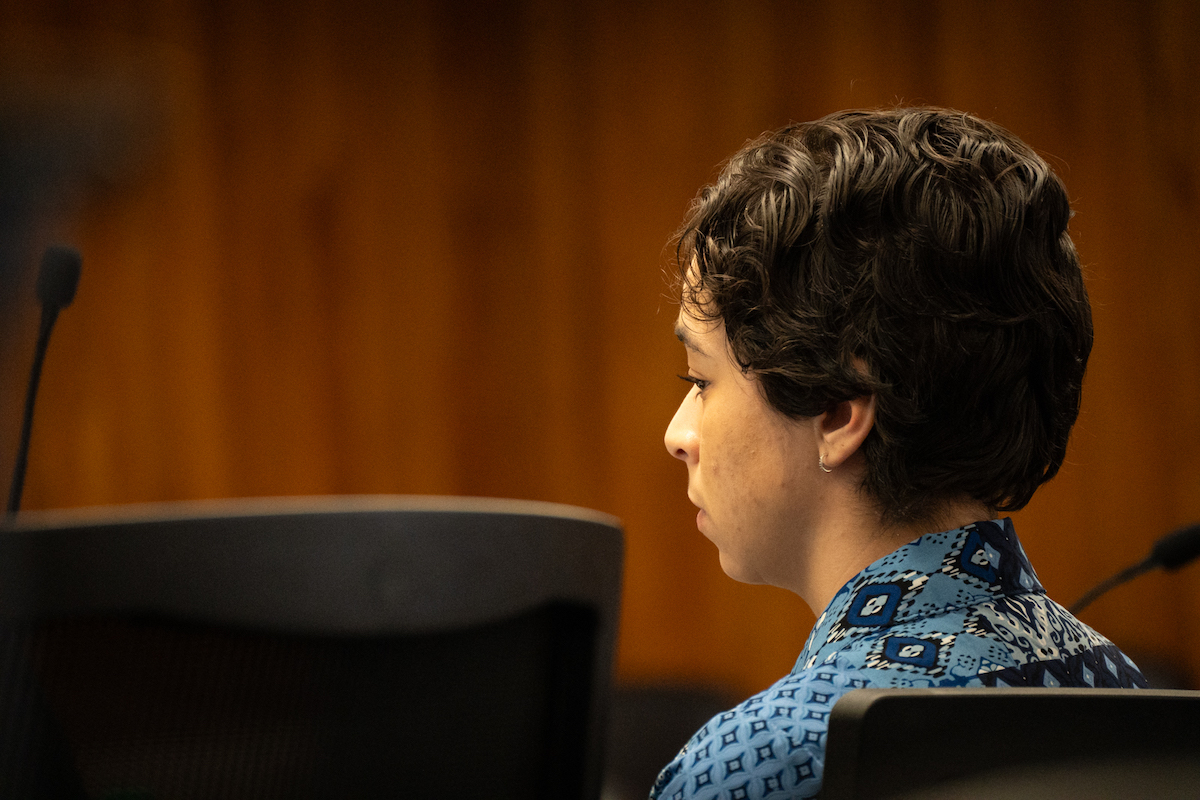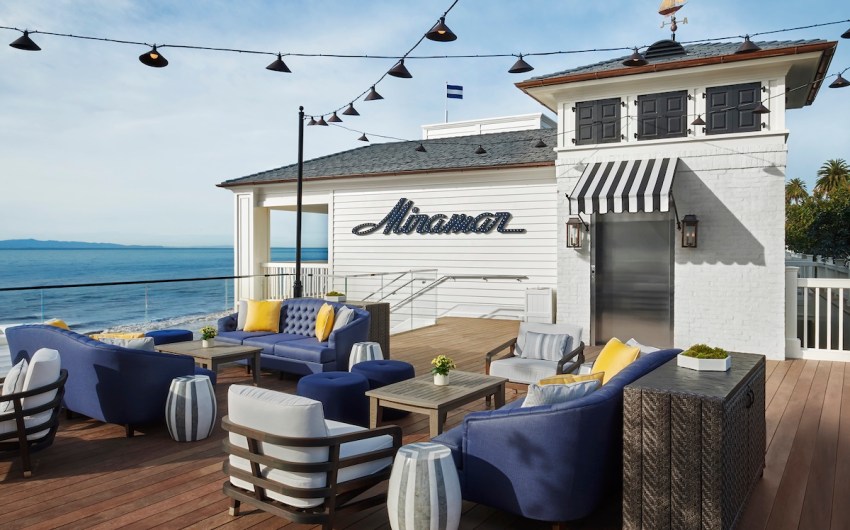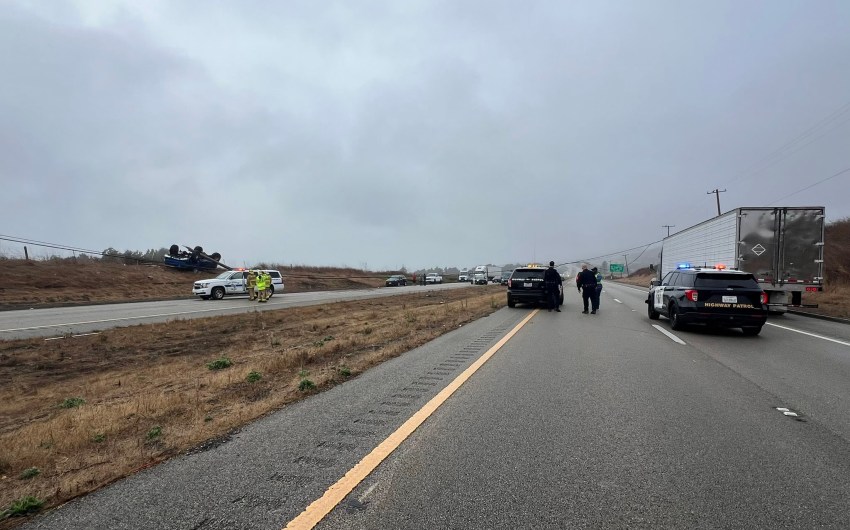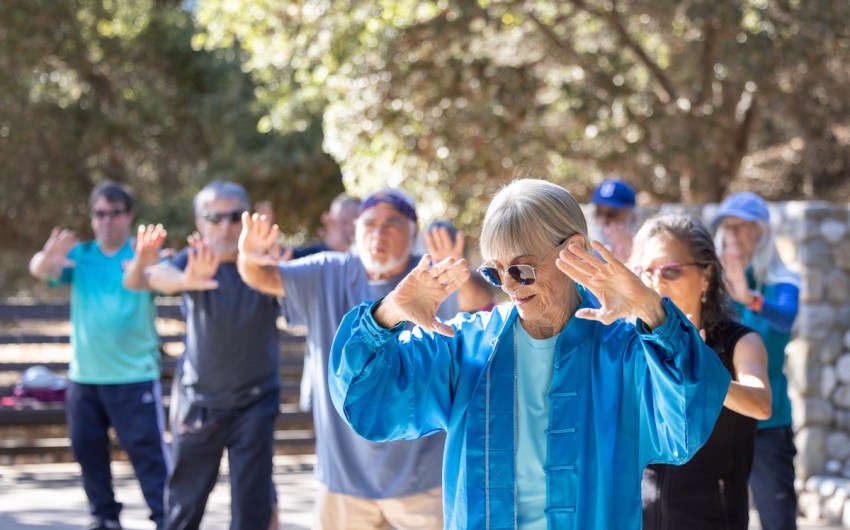Friends and Therapist Take Stand in Cora Vides Trial
Therapist Diagnosed Vides with ‘Moderate Depression’ Three Weeks After Stabbing Friend

The trial of Cora Vides, charged with attempted murder for stabbing one of her Laguna Blanca classmates on Valentine’s Day three years ago, continued this week with testimony from one of Vides’s childhood friends, Amy Anderson.
Texts between Vides and Anderson shortly before the stabbing included a photo of Vides smiling and holding up the switchblade she had recently received for her birthday and would later use in the attack on Georgia Avery. Vides “never said a bad word” to her about Avery, Anderson testified.
In the weeks leading up to the incident, Anderson said that Vides expressed growing anxiety, specifically over a group project that a teacher was “picking on her” about. Around the same time, Vides revealed her romantic feelings toward Anderson, which were not reciprocated.
Another of Vides’s longtime friends, Katherine McDonough, testified that Vides was a very “stoic,” “quiet,” and “reserved” individual, but that she knew Vides very well. The two had kissed in December 2020 when Vides visited McDonough in Washington, but did not pursue a romantic relationship. During that trip, McDonough noticed changes in Vides’s mental health, which “raised concerns.”
McDonough’s testimony revealed a picture that Vides drew and sent her over text message within the first days of 2021, two months before the attack. The drawing depicted a fictional character crouched over the number “2020” and stabbing the year with a knife. McDonough responded to the photo saying “I like the stab-y,” after which Vides replied “*stabstabstabstab.”
Weeks later, Vides experienced a panic attack while on a FaceTime call with McDonough. McDonough testified that she had never witnessed a panic attack before and didn’t know how to react.
McDonough agreed with the prosecutor’s statements that she is still friendly with Vides, cares about her, and doesn’t want to see anything bad happen to her.
Vides’s older sister, Maya, also testified. Maya was entering her first year at UCSB when the family decided to move from Washington state to Santa Barbara.
Vides began that year at Santa Barbara High School and expressed sadness and loneliness to Maya, who kept in “surface level” contact with Vides via Instagram, text, and the occasional in-person visit. After Vides transferred to Laguna Blanca, she was happier, Maya said, but was still generally depressed and anxious. Maya suggested multiple times that Vides seek out professional help and tell their mother, who also struggles with mental illness.
The prosecution pointed out that Maya had told a defense investigator earlier this year that by 2021, “things seemed kind of normal again.” Maya clarified on the stand that she meant “normal in routine, not normal in mental health.” She told the same investigator that the sisters spent time together on the beach near Maya’s apartment the day before the incident, and “all seemed fine.”
“Cora didn’t seem unstable or chaotic,” she recalled.
One of Vides’s therapists, Karen Lehman, took the stand next, speaking to her initial diagnosis of Vides’s mental state. She first met with Vides in March 2021, a few weeks after the incident.
Dr. Lehman spoke on the phone with Vides’s psychiatrist, Dr. Dewhirst, before meeting with Vides. Dr. Dewhirst had already prescribed her Zoloft, a common antidepressant, and Ativan, an as-needed anti-anxiety medication. Additionally, Dr. Dewhirst had ruled out current psychosis and obsessive-compulsive disorder (OCD), but diagnosed Vides with severe depression.
Dr. Lehman diagnosed Vides with moderate depression, but saw signs of “anxiety and distress” as well. She agreed with Dr. Dewhirst’s exclusion of current psychosis and OCD.
Vides appeared “very open, engaged, and willing” in therapy, Dr. Lehman testified. She was well-groomed, focused, clear, and had well-organized thoughts.
The trial will continue through July.










